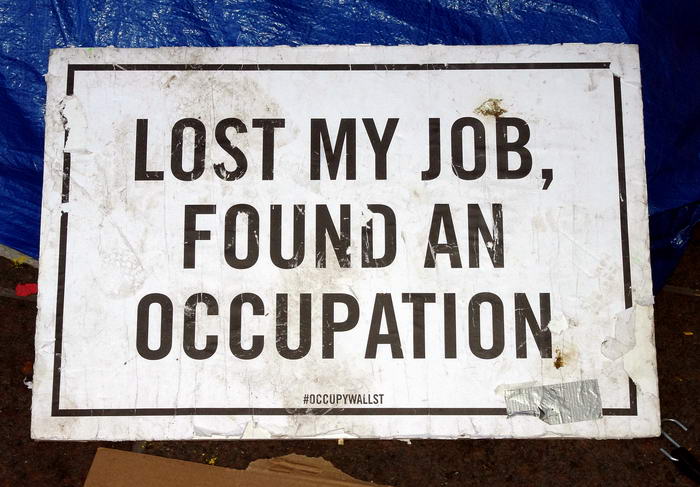Time runs short, but you still can’t get to work to finish that paper writing before the deadline arrives? Find yourself distracted easily and struggle to find motivation? Keep putting off your essay writing till later? There is hardly a person who wasn’t in a situation like this. Procrastination can be a real problem that has to be taken seriously, especially when your workload is piling up and you feel like you are stuck.
For most of us, the quest to stay productive is a never-ending journey in the world of work and personal life. Productivity isn’t about checking off tasks on your to-do list. It’s about spending your time and energy efficiently, focusing on what truly matters. It’s about producing high-quality work in a shorter time frame. Productivity in humans translates to the ability to get valuable results out of our efforts and time. In essence, it’s not about being busy; it’s about being effective.
Here are 10 effective productivity tips that will help you overcome procrastination.
10 – Find a goal
Ask yourself why you are doing this in the first place. Find yourself a goal that really makes sense to you. Why is this work that needs to be done useful — for you or for others? How is it important for your academic progress or for your career? What will it give you personally at the end of the day? For example, instead of looking through essay topics you’ve been given by your professor and thinking how much effort and time it would take to get it done, you can think of the possibility of getting a high grade you really need — or the possibility to improve your writing skills and critical thinking, for that matter.
09 – Be creative
If the task you need to do seems like time-consuming, boring, tedious work, try to change the way you work on it in some ways. Use your imagination and creativity, think out of the box, do something unusual — anything that would make your work seem not as dull as before.
08 – Make a list
Make a list of your tasks for the day. More often than not it’s pretty much enough to make you get to work and complete each and every task you’ve got on your list. It’s guaranteed you’ll feel satisfaction each time you strike a completed task out of the list.
07 – Treats
Think of some treat you can give yourself as encouragement for each task you complete (or for each time period spent focused on work). Have you completed an important section of your research writing? Get some time off, buy yourself something nice or go to the movies. You’ve totally deserved it!
06 – Relax
Try to divide your working process into stages and have a relaxing break after each stage is completed. You can read a favorite book or just lounge with a cup of tea — anything that works for you — and then go back to work, rested and inspired.

05 – Set smaller tasks
Instead of thinking how big and complex your task is, try to imagine it as a set of smaller tasks, and work on each of them separately (tips 5 and 6 will apply perfectly in this case as well).
04 – Hide your smartphone
Put away all the things that can distract you from your work. Close your social network page tab in your browser, hide your smartphone and other devices. If it works for you, wear headphones that block all sounds and work in complete silence, without any distractions whatsoever.
03 – Find motivation
Plan something interesting you can do after you complete your work (or a part of it). This will motivate you to stop delaying and to finish your work just in time.
02 – Search for sources
If you still find it hard to overcome procrastination, use the time you spend not working… with use. Do some reading, search for sources for your next essay writing assignment, do some organizational stuff (like, clean your email inbox, send a letter you had to send a while ago, etc.).
01 – Share your work with someone
Tell someone about the task that you have to do. The thing is, when you speak of it out loud, you activate your brain and automatically start thinking of the ways to solve the issue at hand. Besides, if you share it with someone, you can get some useful advice. As a result, a hard task that worries you may seem not that impossible at all.
So, why is productivity important? The answer is pretty simple. Productivity boosts your self-esteem and drives you to achieve more. It improves your quality of work and helps you attain work-life balance. A productive person can accomplish their tasks within a set time, allowing them extra time for rest and recreational activities. In a nutshell, productivity plays a pivotal role in promoting mental health and overall satisfaction in life.
There are many ways to stop procrastinating, but the main thing you have to remember is that you don’t have to be too hard on yourself. Productive work needs proper motivation, and you can only be properly motivated when you know it’s beneficial for you, when you are rested and inspired, when you know that after you finish it, something nice will happen.
The Underlying Factors that Drive Productivity
One aspect we often overlook while discussing productivity is the factors that affect it. Every person has their unique way of managing tasks, but there are common factors that influence productivity across the board.
First, the work environment significantly impacts productivity. A well-organized, clean, and positive workspace can boost your mood and motivation. A cluttered workspace, on the other hand, can lead to distractions and mental stress.
Second, physical health and well-being also play an essential role in productivity. It’s difficult to focus on tasks when you’re feeling unwell or tired. Regular exercise, a balanced diet, and adequate sleep can substantially enhance your ability to focus and be productive.
Third, stress management is critical. High levels of stress can overwhelm you, cloud your judgment, and impede your ability to concentrate on tasks. It’s vital to develop healthy coping mechanisms to manage stress effectively.
Fourth, time management skills are central to productivity. Proper planning, prioritizing tasks, setting realistic deadlines, and avoiding procrastination can greatly enhance productivity levels.
Lastly, motivation and morale are key drivers of productivity. When you’re motivated, you’re more likely to put forth your best effort and produce high-quality work. Positive reinforcement, rewards, and a sense of achievement can greatly boost your motivation levels.
In conclusion, improving productivity involves more than just implementing productivity techniques. It requires a holistic approach that considers various personal and environmental factors.































































